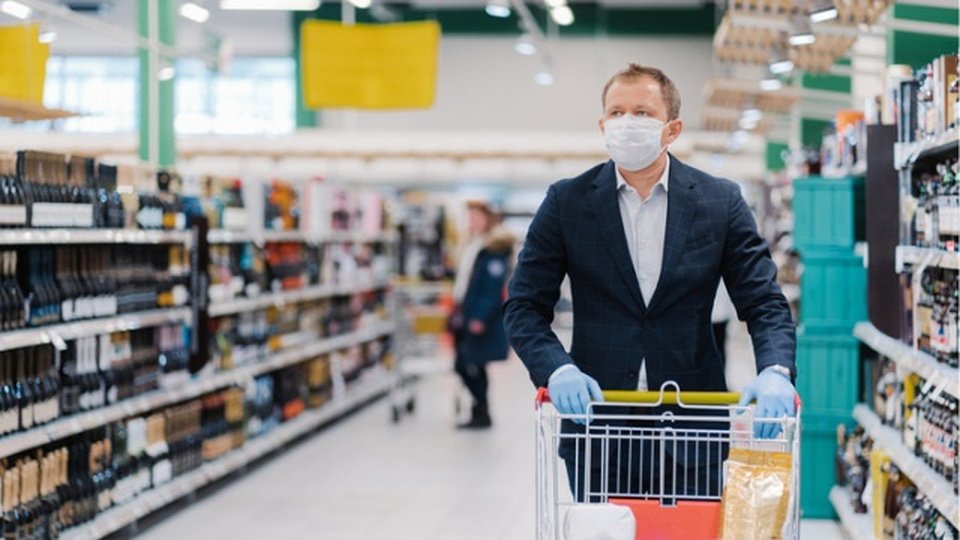Marketing
The long-term impact COVID-19 will have on attitudes toward e-commerce
Richard Piper, business development director at Webloyalty, shares how retailers, in the wake of COVID-19, has a big task ahead: thinking about the long-term and continuing to communicate with customers.

May 27, 2020 by Richard Piper
The lockdown measures introduced by the UK government have seen consumers drastically alter their shopping habits. Many are looking to shop online for the first time for their weekly food shop, but also for a range of items from gym equipment to garden supplies. Recent insights data analytics company, Nielsen show that 600,000 households tried online shopping for the first time in the first weeks of lockdown (leading to an additional 1.2 million orders placed over the last several weeks).
The increased demand in online shopping has put strain on the bigger supermarkets leading to virtual queues, as well as queues in store. For example, Ocado has seen five to 10 times its usual sales volume. The scarcity of some items, as well as the longer wait times, has meant that many consumers have chosen to shop locally or opted for specialized delivery services for items they would usually get as part of their supermarket shop. Milk and More, for instance, the UK's largest milk and groceries delivery service, has reported an increase of 25,000 customers.
This shift online may have a long-term impact on consumer behaviors as they trial new services that continue to be useful when we emerge in a period of recovery. Many consumers will have enjoyed the convenience of delivery services or the 'conscious consumerism' of supporting local providers, and so could continue this routine. However, as many have experienced frustrations with online orders, and capacity constraints, consumers may just revert to the status quo of the weekly visit to the supermarket when they feel more secure to do so. It is important for these online retailers, who have acquired new customers during this period to ensure that they are taking steps to continue to delight them, so they continue to stay loyal. This can be achieved by continuing promotional offers or delivering personalized marketing.
When we look to other types of retailers, for example clothing stores, there is a very different picture. With these shops deemed unessential, they have been forced to close, and have not been able to rely on online orders due to problems ensuring social distancing for warehouse employees. In the wake of this, we have already seen some brands, such Debenhams and Cath Kidston, go into administration. Other brands will need to employ tactics to ensure a strong recovery and promote brand loyalty once things return to relative normality.
Given the extraordinary evolving situation, we will no doubt see more adaptation in consumer behavior. It is probable that many of these changes will stick, however having the freedom to once again 'pop to the shops' will bring enjoyment to many, and hopefully consumers will have a new appreciation for their essential supermarkets which they once took for granted. On the other hand, in other countries where lockdown measures have been relaxed, such as China, 'in-person' consumer spending has remained supressed, indicating that people may want to continue making purchases from the safety of home, if at all.
With this in mind, retailers should be thinking about the long-term and continuing to communicate with their customers. Japanese clothing brand Uniqlo, for instance, cleverly shifted its newsletter advertising to promoting its loungewear, better understanding the needs of its house-bound customer base.
Sensitivity and taking steps now will have a huge impact on the lifetime value of online shoppers, both established customers and of the 600,000 doing it for the first time.
Richard Piper is business development director at Webloyalty.
 ChatGPT
ChatGPT Grok
Grok Perplexity
Perplexity Claude
Claude




